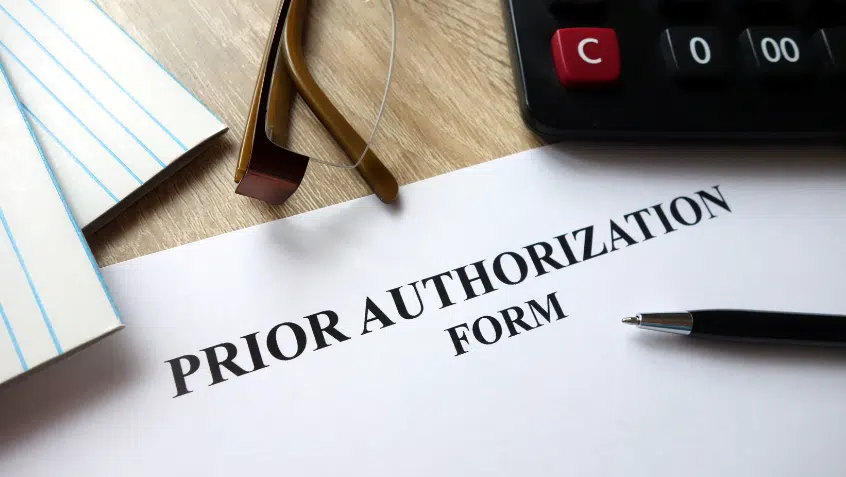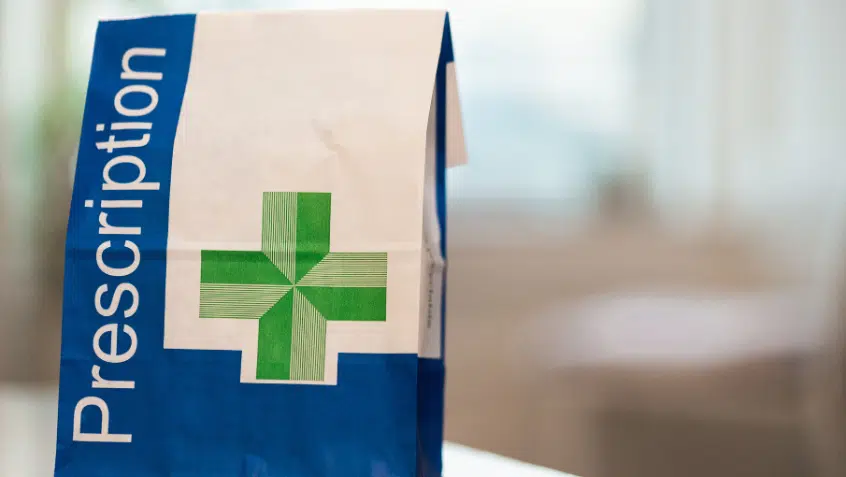
New Data on Impact of Inflation Reduction Act Shows Lower Health Care Costs for Women
Earlier this month, the U.S. Department of Health and Human Services Office of the Assistant Secretary for Planning and Evaluation
The Inflation Reduction Act (IRA) takes important steps to reduce drug prices and lower costs for people with Medicare and the program, such as capping beneficiary out-of-pocket spending; requiring Medicare to negotiate drug prices; and expanding eligibility for the full Part D low-income subsidy (LIS). We support an implementation process that centers the beneficiary experience and look forward to building upon these landmark policies.

Earlier this month, the U.S. Department of Health and Human Services Office of the Assistant Secretary for Planning and Evaluation

A new study from University of Southern California (USC) researchers shows that Medicare Part D plans have been increasingly restricting

Many people with Medicare Part D drug coverage—in particular those who reach the catastrophic coverage phase—may experience unexpected costs and

KFF has released a new issue brief previewing expected savings for millions of Medicare Part D enrollees starting in 2025

On February 1, the U.S. Department of Health and Human Services (HHS) sent initial offers to manufacturers of the first


Beginning this year, the Inflation Reduction Act (IRA) expands eligibility for the Part D Low Income Subsidy (LIS), also called
The Medicare Rights Center commented on the Contract Year 2025 Policy and Technical Changes to the Medicare Advantage Program, Medicare Prescription Drug Benefit Program, Medicare Cost Plan Program, and Programs of All-Inclusive Care for the Elderly proposed rule.

A newly effective Inflation Reduction Act (IRA) provision is improving prescription drug affordability for many people with Medicare Part D

Last month, the office of the Assistant Secretary for Planning and Evaluation (ASPE), a research arm of the Department of

Earlier this month, the U.S. Department of Health and Human Services Office of the Assistant Secretary for Planning and Evaluation

A new study from University of Southern California (USC) researchers shows that Medicare Part D plans have been increasingly restricting

Many people with Medicare Part D drug coverage—in particular those who reach the catastrophic coverage phase—may experience unexpected costs and

KFF has released a new issue brief previewing expected savings for millions of Medicare Part D enrollees starting in 2025

On February 1, the U.S. Department of Health and Human Services (HHS) sent initial offers to manufacturers of the first


Beginning this year, the Inflation Reduction Act (IRA) expands eligibility for the Part D Low Income Subsidy (LIS), also called
The Medicare Rights Center commented on the Contract Year 2025 Policy and Technical Changes to the Medicare Advantage Program, Medicare Prescription Drug Benefit Program, Medicare Cost Plan Program, and Programs of All-Inclusive Care for the Elderly proposed rule.

A newly effective Inflation Reduction Act (IRA) provision is improving prescription drug affordability for many people with Medicare Part D

Last month, the office of the Assistant Secretary for Planning and Evaluation (ASPE), a research arm of the Department of